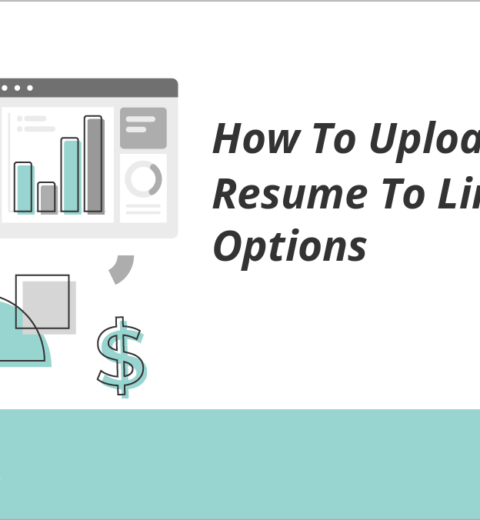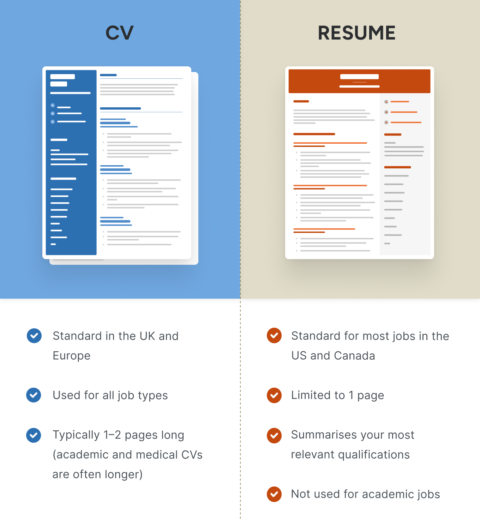Entering the workforce for the first time can be an exhilarating yet daunting experience. One of the primary concerns for many job seekers, particularly those embarking on their inaugural employment journey, is whether they need a resume. The necessity of a resume often hinges on various factors including the nature of the job, the industry standards, and the expectations of potential employers. This article will elucidate the importance of having a resume for your first job and provide practical guidance on how to create one effectively.
Firstly, the significance of a resume cannot be understated. A resume serves as a personal marketing tool, a formal document that encapsulates your skills, experience, and educational background. Even if you lack extensive work history, a well-crafted resume can highlight your strengths, character, and potential. Many employers, irrespective of whether they are hiring for entry-level positions or internships, appreciate having a structured overview of a candidate’s qualifications.
So, do you need a resume for your first job? The answer is generally yes, especially when applying for positions in competitive fields or formal settings. Even positions that may appear casual or informal often expect candidates to submit a resume. This expectation stems from a desire to evaluate applicants based on their professional presentation, even if they do not possess extensive experience. A resume helps to convey your seriousness and commitment to prospective employers.
Before compiling your resume, you should ascertain the type of resume that aligns with your current situation. For first-time job seekers, typically, a chronological resume or a functional resume is most suitable. A chronological resume lists work experience in reverse order, which is advantageous if you have some relevant experience or internships. In contrast, a functional resume emphasizes skills over experience, making it ideal for candidates who may not have held formal jobs but possess relevant abilities gained through volunteer work or school projects.
Next, consider the fundamental components that should be included in your resume. While the format may vary, certain elements are universally recognized as essential:
- Contact Information: This should be prominently displayed at the top of your resume and include your name, phone number, and email address.
- Objective Statement: A brief, concise statement that outlines your career goals and what you hope to achieve through the position. Tailoring this statement to reflect the company’s mission can be particularly effective.
- Education: For first-time job seekers, education is often the most substantial qualification. List your most recent educational experiences, including the name of the institution, degree obtained, and graduation date.
- Experience: This section can include part-time jobs, internships, volunteer work, or relevant projects. Describe duties and accomplishments for each experience, using action verbs to convey responsibility and achievements.
- Skills: A dedicated skills section can illuminate your key competencies. Think in terms of both hard skills—such as familiarity with computer software, foreign languages, or social media—and soft skills, including communication, teamwork, and problem-solving abilities.
- References: While it is common practice to say “References available upon request,” be prepared to provide a list of professional references when asked.
When drafting your resume, careful attention to formatting is crucial. A clean, professional design contributes to readability and ensures that potential employers can easily absorb the information presented. Use clear headings, bullet points for lists, and avoid excessive jargon. Consistency in font style, size, and spacing is paramount to a polished look.
Another crucial aspect of constructing your resume is tailoring it to each specific job application. Research the job description meticulously, identifying keywords that reflect the skills and experiences the employer is seeking. Incorporating these keywords into your resume can significantly enhance your chances of being selected for an interview, as many companies utilize automated applicant tracking systems (ATS) to screen candidates initially.
Moreover, creating a compelling resume should not solely focus on your qualifications. It is equally essential to convey your enthusiasm and fit for the company culture. A well-crafted cover letter can accompany your resume to express your passion for the role and your understanding of the company’s values, further supporting your application.
As you embark on this journey, remember the importance of proofreading your resume several times. Spelling and grammatical errors can mar an otherwise impressive resume and convey a lack of attention to detail. Seek feedback from a trusted mentor, teacher, or career counselor; their insights can be invaluable in refining your document.
In conclusion, while the prospect of creating your first resume may seem daunting, it is an integral step toward securing your first job. It is a chance to showcase your strengths, skills, and experiences, albeit limited, in a professional context. A resume will distinguish you in a competitive market and convey your readiness to enter the professional arena. Approach this task with creativity, diligence, and authenticity, and you will create a compelling resume that sets you on the path to success.




